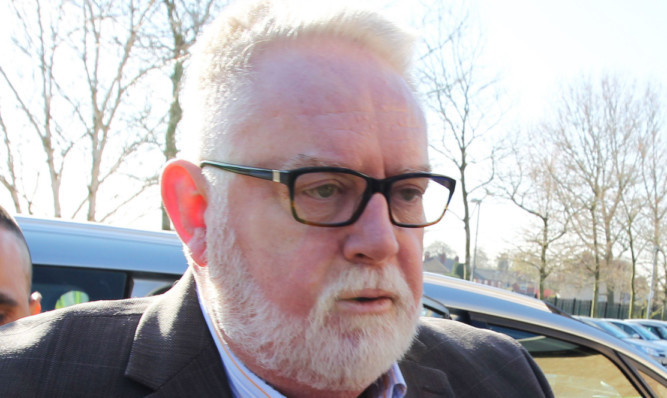The Co-operative Bank misled investors and kept regulators in the dark as it hurtled towards near-collapse, according to a damning official report.
The troubled lender was spared a potential £120 million fine after the Prudential Regulation Authority (PRA) and the Financial Conduct Authority (FCA) took into account the state of its still-weakened balance sheet.
They concluded there were serious failings in the way the lender was run from July 2009 to December 2013.
The Co-operative nearly collapsed two years ago after a £1.5 billion hole was discovered in its balance sheet.
It had to be rescued by bondholders including US hedge funds in a move which saw the wider Co-op group’s ownership of the bank reduced to a 20% stake.
Yesterday’s report found that the lender, which trumpets its ethical credentials, had developed a culture “prioritising the short-term financial position of the firm at the cost of taking prudent and sustainable actions for the longer term”.
Andrew Bailey, PRA chief executive and deputy governor of the Bank of England, said: “Co-op Bank’s failings stand out both for the duration and seriousness of the risk management and control deficiencies uncovered.
“This was compounded by a lack of openness with their regulator.
“These were serious transgressions,” he added.
The bank had failed to keep regulators informed about its plans for the departure of two “key individuals” as its financial crisis brewed in early 2013.
The individuals were not named in the findings but they relate to a period when controversial chairman Paul Flowers and chief executive Barry Tootell left the lender.
Mr Flowers, who was a Methodist minister, later became embroiled in a drugs scandal.
There have been questions about how he was ever approved for his role at the bank despite a lack of experience.
The PRA found regulators were “not informed of either of these intended changes in a timely manner”, and on one occasion were “provided with an incorrect assurance by Co-Op Bank.”
The FCA found that the bank had published misleading information about its financial health.
In 2012 the bank assured investors that it could maintain enough capital even under severe stress but the FCA found the claim had “no reasonable basis”.
